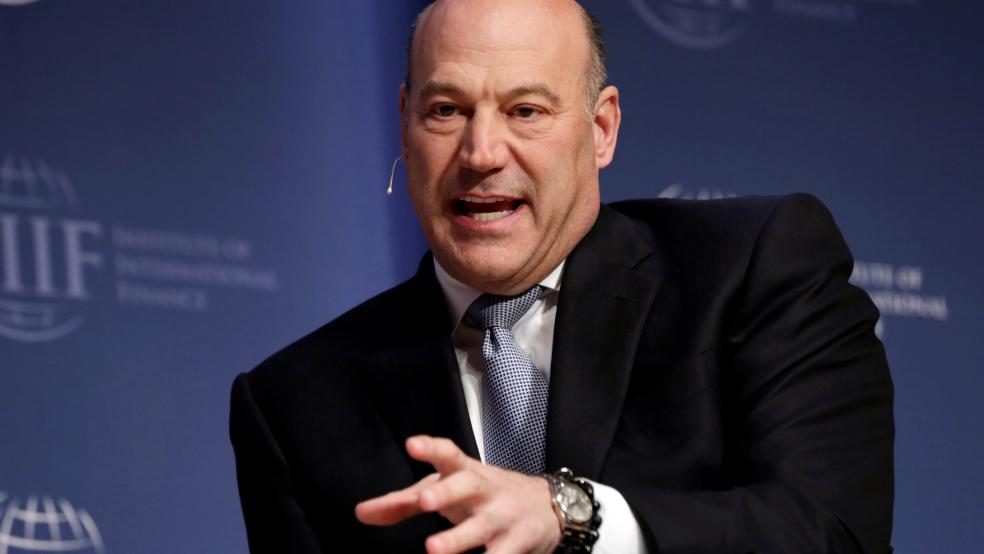Gary Cohn, President Trump’s top economic adviser, told the Financial Times Friday that the White House will begin a sustained push on tax reform starting next week. The president will hit the road to sell the American public on the need for a tax overhaul, beginning with a speech in Missouri on Thursday. This would be a significant change for President Trump, who has been notably missing from the effort so far.
Related: Wild About Tax Cuts, Wall Street Forgets Its Deficit Worries
In an interview with the FT, Cohn highlighted some of the changes the White House is looking for:
Personal Taxes
- Protect three popular deductions — charitable, mortgage and retirement saving.
- Raise the standard deduction while eliminating other personal deductions.
- Eliminate “death taxes” and estate taxes.
Business Taxes
- Switch to a territorial system, with taxes that encourage the repatriation of corporate profits currently held overseas.
- Eliminate many deductions companies use to lower taxable income. The goal is to get more companies paying taxes, though at a lower rate. Cohn described this as a “base-broadening exercise.”
Cohn recognized that cutting taxes will mean less revenue for the government, even in the “medium term.” But he stuck with the supply-side faith, saying that once the economy starts growing in the wake of the tax cuts, government revenue will “explode.”
While the White House says it knows what it wants from tax reform, the administration wants Congress to fill in the details of the legislation. An administration official told Axios, "We need the Ways and Means Committee to own it.”
Cohn seemed confident that tax reform could happen this year, despite doubts that such a complicated undertaking can be accomplished in such a short timeframe, especially given the many other issues coming to a boil, including the need to raise the debt ceiling and fund the government. But Cohen said it would take only a matter of weeks to fill in the tax reform outline already agreed upon by the major players, who have been holding hearings on taxes “for years.”
Even so, Politico points out that the ambitious end-of-the-year deadline for tax reform amounts to moving the goalposts once again: “Treasury Secretary Steven Mnuchin said tax reform would be done and signed into law by the August recess. Then Marc Short, Trump’s top Hill liaison, said Trump would like a bill by Thanksgiving. This is another punt.”




